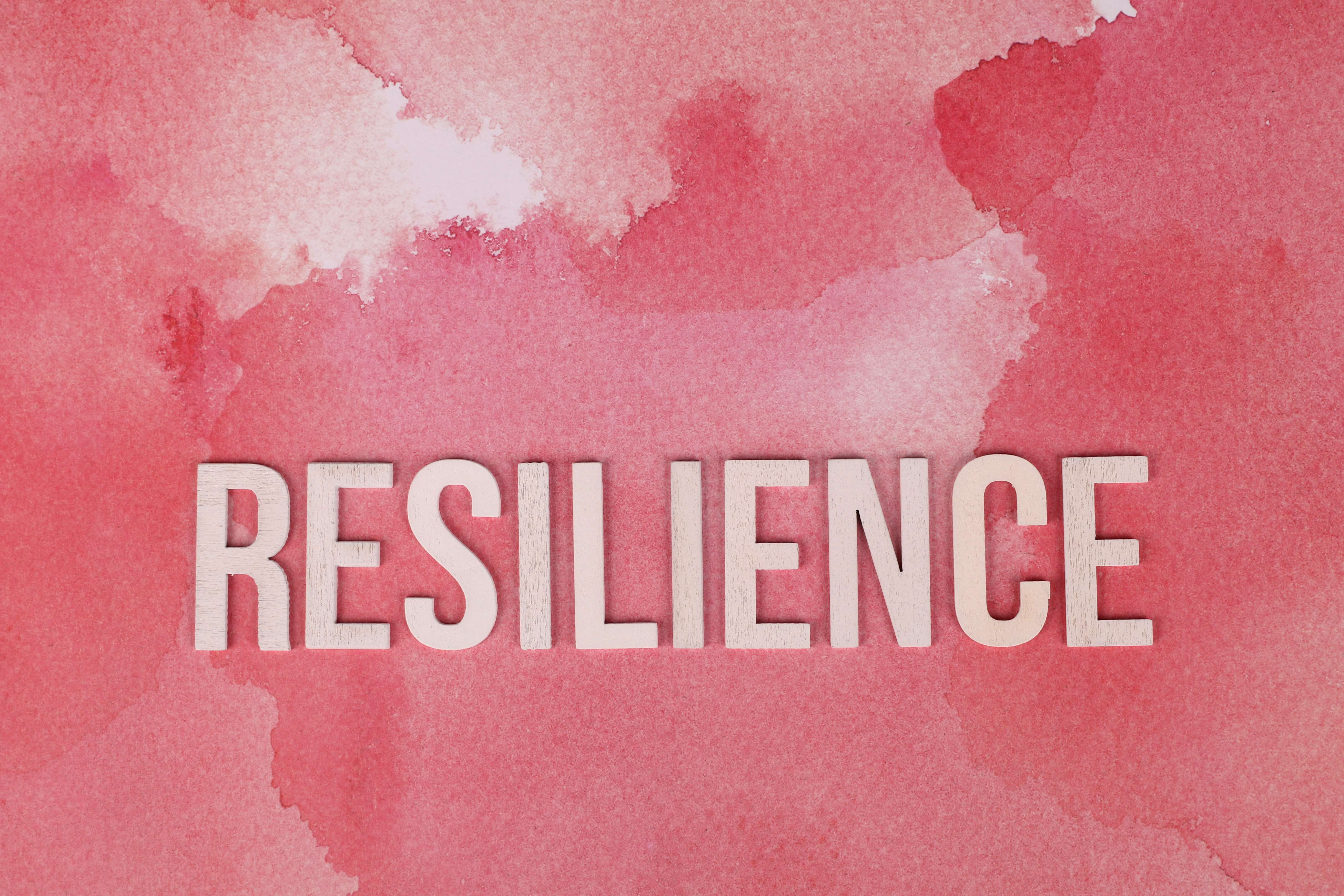Have you heard about soft skills? The term in English, widely used by HR professionals, corresponds to those skills and behavioral competencies of the professional that characterize their relationship with others. They are also directly related to emotional intelligence — an individual’s ability to understand their feelings and use them to their advantage, not getting carried away by the situation.
Resilience at work is an example of an increasingly popular soft skill in the market. And you, do you already know what characterizes this skill? In this post, we will talk about its importance and how it is possible to develop it, after all, not everyone is born resilient. Stay with us and follow along!
How important is resilience in today’s market?
Above, we talked about resilience as an important soft skill today. Being resilient is actually beneficial in any aspect of our lives, however, at work, it is a necessary and increasingly valued skill in everyday organizational life.
Resilience corresponds to the ability to face challenges and other adverse situations in a positive way, adapt to a new scenario, and manage to learn lessons from what has happened. Precisely for this reason, it is a skill that can be easily noticed in great leaders. In this case, it is necessary to face the pressure and competition of the market, go through difficult times, deal with problems between employees, etc.
In times of stress, it is common for us to lose emotional control, triggering reactions that often do not agree with who we really are or would like to express. Resilience at work is fundamental precisely in this sense, helping the employee to position himself in the desired way in the face of impasses and to know how to better reconcile his emotions.
When resilience is developed, the professional is able to identify the causes that make him lose control and, thus, find a way to reverse the situation and face them in another way. In other words, the skill provides a suitable response for times when the command can slip out of your hands, for example:
conflicts with colleagues;
receiving negative feedback;
disagreement with managers;
pressure for better results;
unexpected changes or cancellation of projects etc.
It is necessary to keep in mind that every professional goes through or will go through moments of turmoil in his career. The most important thing is to know how to recover and take something positive at the end of the day. This will make him a resilient person.
How to develop resilience at work?
Work on emotional intelligence
We’ve talked about how resilience at work is all about emotional intelligence, another important behavioral skill. To work on it, it is important to start with an exercise of reflection and self-knowledge: what are the situations that make me lose control? What are my strengths and weaknesses?
Remember that yelling, cursing or crying will not help you to resolve moments of adversity, on the contrary: they will make you even more frustrated and unbalanced. By understanding in which situations certain emotions are more likely to appear, it will be easier to control them beforehand, keeping calm and acting with a “cool head”.
Of course, here, we are not talking about ceasing to express any kind of emotion, or becoming a cold person, but about the ability to find balance in your attitudes. Finally, it is also important to note that emotional intelligence involves dealing with other people’s emotions in order to create and strengthen relationships.
Have empathy
Resilience and empathy go hand in hand, both at work and in many other contexts. This second skill has to do with the ability to put ourselves in the other person’s shoes, actively listening to their wants and needs. It is a way of showing solidarity and understanding how certain situations can end up affecting a person.
Having empathy teaches us to be more tolerant and increases our capacity for understanding — which is all about resilience, isn’t it?
Learn to deal with criticism
Feedback in the company is important for professional growth. Of course, receiving positive feedback is wonderful, but that won’t always be the case. There will certainly be times when feedback will point to criticisms with points where your performance was not the best – which, for some, is something difficult to hear without reacting negatively.
An important exercise in building resilience is learning to learn positive lessons from negative feedback. When assuming the position of the receiver, listen carefully to what is being said, analyzing what has been raised. Here, you don’t just have to listen silently: it’s interesting to open a healthy dialogue with the person providing the feedback, asking in what ways it is possible to improve.
Seek learning and evolution
When facing difficult situations, always seek to focus on opportunities to learn and evolve. This allows you to step out of your comfort zone and become more adaptable, one of the main pillars of resilience. Resilient professionals don’t get stuck on the mistakes they’ve already made, so don’t see negative experiences only as bad things.
These past situations are the key to taking better actions in the present and in the future. This contributes not only to the development of resilience at work but also to have a better quality of life in personal and organizational daily life.

nice
like
need